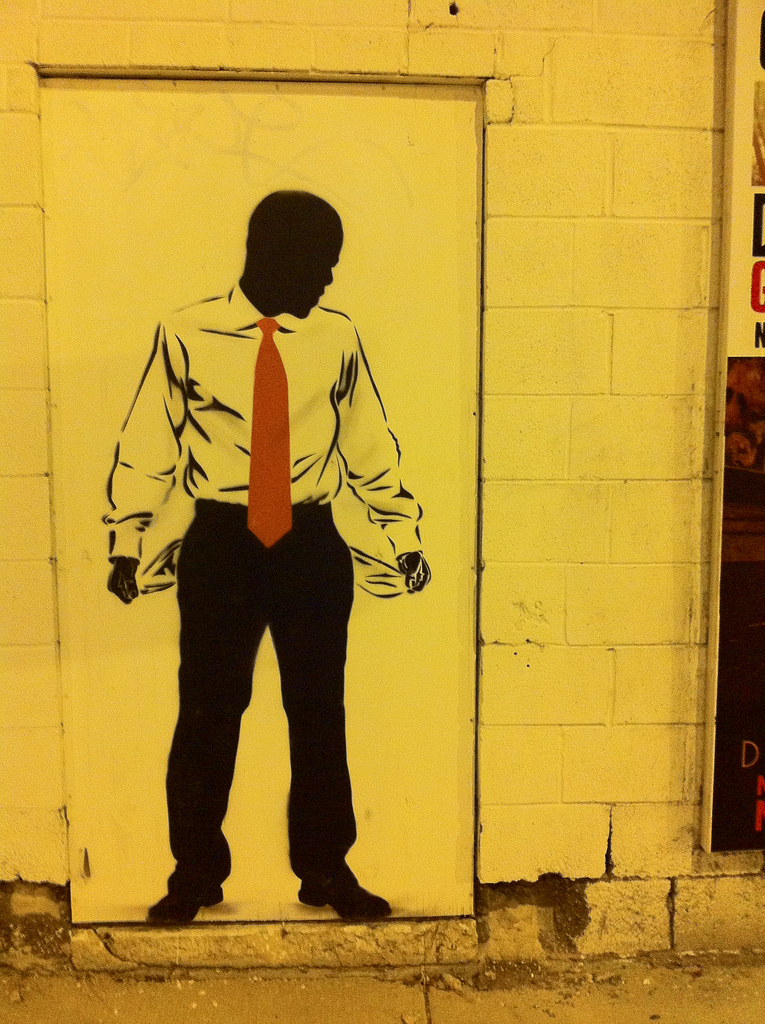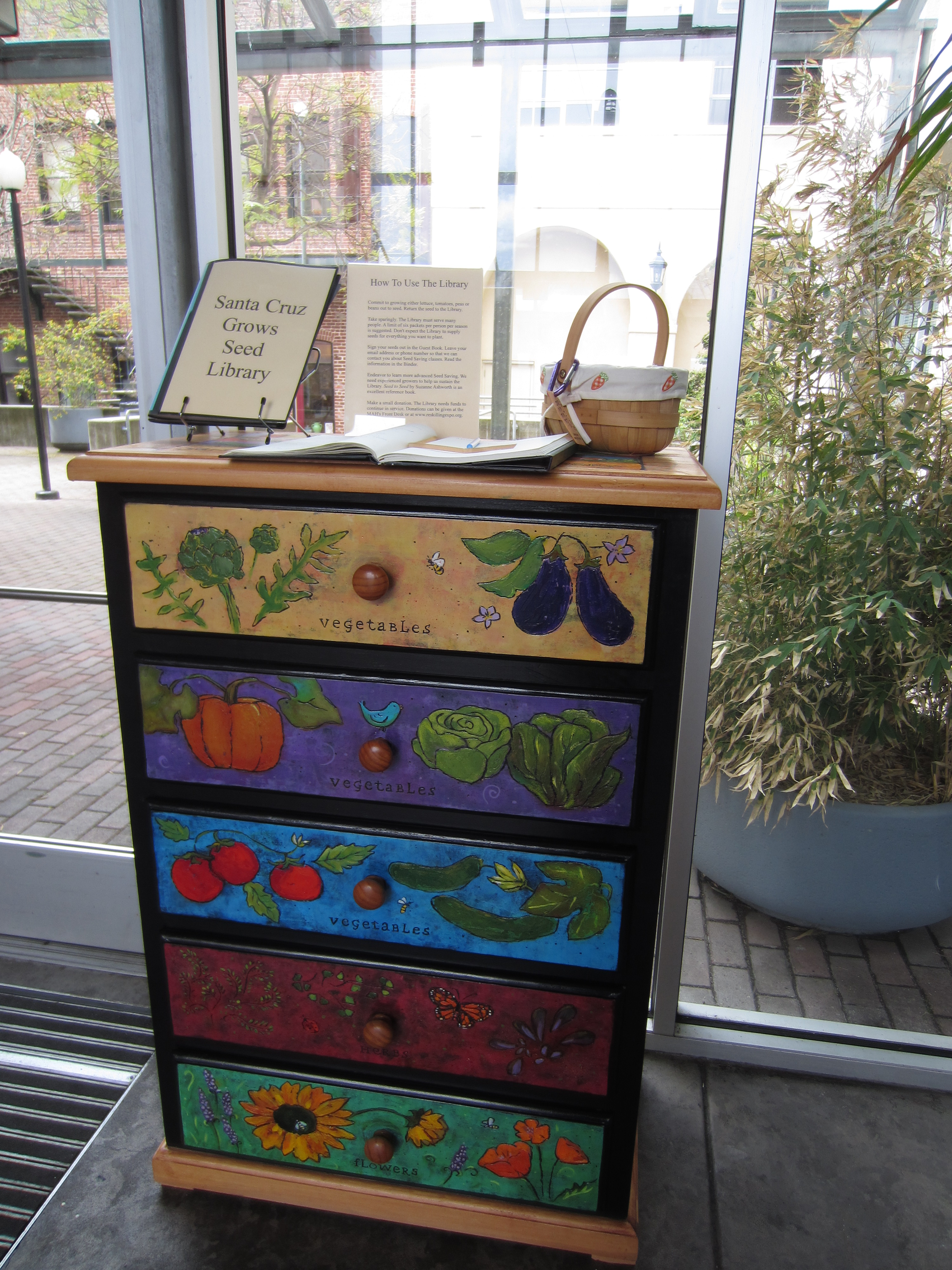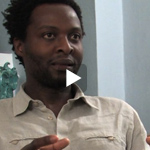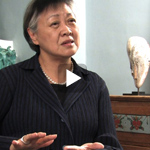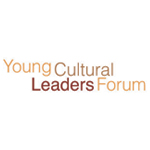In this excerpt from "The Case for Cultural Fluency," Mikel Ellcessor introduces the concept of Cultural Fluency as it can be applied by arts and culture leaders. You can read and download his full white paper here. It’s déjà vu all over again. Picture this: you are in a meeting and you have been in this meeting many times. After another detailed mapping of the problem, someone takes a stab at a solution and says it: “We have to move beyond the current audience and into new audiences and communities.” This feels like success, right? … [Read more...]
The Under-resourced Nonprofit Sector – Crisis or Chimera?
"How many times have You heard someone say If I had his money I could do things my way" – Johnny Cash, "A Satisfied Mind" (Written by Jack Rhodes, Red Hayes) Though I lack hooves, I have a burr under my saddle. In years of working with nonprofits, I have long since lost count of the number of times I’ve heard colleagues whose work and opinions I think highly of refer to our under-resourced sector. In conference panels and on blogs, in keynotes and cocktail conversations, we are witness to (and to be fair, participate in) references to … [Read more...]
Comments We Can’t Ignore
This week, a guest column by Robert Reich entitled “What ‘charity’ should really mean” appeared on the Christian Science Monitor's website. In his column, Reich challenges the idea of tax-deductible donations to arts organizations, arguing that these deductions primarily support the lifestyles of the wealthy. Reich’s article highlights that we have serious a public perception problem. Either we are not doing enough work to share the arguments we use to demonstrate our value to those outside the bubble of our field, or we need to develop a … [Read more...]
Saying What We Mean
Last January, at NAS’ Chief Executive Program convening The New Nature of Relevance, I listened as participants discussed the language we use to communicate about the nonprofit cultural field. Some felt that our current language can intimidate and confuse those who are not familiar with the sector. “Charity” can make us sound needy and helpless, and “nonprofit” makes us sound frivolous and trivial. When I tell people I work in the nonprofit sector, I have often been asked if I earn a salary. These experiences have me thinking about whether we … [Read more...]
Collaboration is key in D.C.
This post appears as part of the ARTSblog Emerging Leaders Blog Salon, in which emerging leaders from around the country were asked, “What would make where you live a better place or bring it to the next level?” I moved to Washington D.C. four years ago, after living in a village of 600, and I absolutely love where I live. I enjoy trying new restaurants, seeing world premiere plays, watching drummers and acro-yogis perform in my favorite public park and the proximity of it all. Although I cannot deny the benefits of living near national … [Read more...]
An Unlikely Partnership: Reinventing Swan Lake
Developing audiences, deepening engagement and expanding creative horizons are some of the biggest concerns of the leaders we work with at National Arts Strategies. With increasing entertainment options and access to technology, organizations feel the need to make their work more innovative and appealing to modern consumers, but many struggle in figuring out how to do so. For some, exploring new forms of collaboration can be the answer to remaining relevant and competitive in today’s environment. Earlier this year, Ballet Memphis Founding … [Read more...]
How should cultural institutions approach the creation and articulation of value?
Watch the following video in which Albino Jopela, archaelogist and lecturer at Eduardo Mondlane University in Mozambique and Salzburg Global Forum for Young Cultural Leaders Fellow, suggests that considering the values of all of the stakeholders in a community will help ensure relevance and sustainability. Add your voice to the discussion. Use the comments below to weigh in with your thoughts. … [Read more...]
What is the place of cultural institutions within their communities?
Watch the following video in which Tisa Ho, Executive Director of the Hong Kong Arts Festival and a faculty member of the Salzburg Global Forum for Young Cultural Leaders, suggests that to be truly relevant an organization must be "in, of, for and about" its community. Add your voice to the discussion. Use the comments below to weigh in with your thoughts on the role of an arts organization. … [Read more...]
What is the role of arts organizations in society & their place in the community?
Editor’s Note: This is one of a series of posts from guest bloggers discussing topics from this week’s Salzburg Global Forum for Young Cultural Leaders. Leaders from around the world are coming together to discuss issues that are critically important to the cultural sector − how do we create and articulate our value, what is global and what is local today and what is the role of arts organizations in society. Art plays many roles in society and, at different times, can speak to issues in areas such as religion, science, politics, … [Read more...]
Collective Impact
As in other nonprofit sectors, most energy and resource in our sector is focused on what the authors call "isolated impact" at the organizational level. Can the full value of arts and culture in society, to enhance lives and deepen democracy, be realized through this approach or do these complex possibilities need a different strategy? When discussion in the cultural field turns to collective action, it tends to turn toward lobbying and advocacy and changing public opinions of the arts. This article suggests a different focus for collective … [Read more...]
YouTube – Eli Pariser: Beware online “filter bubbles”
Eli Pariser, the former Executive Director of MoveOn.org and their current Board Chair, highlights the hidden and growing impact of online filters on Google, Facebook, and throughout the internet in this TED video. These filters give greater and greater weight to the information a person tends to look at online first. Over time the algorithms filter out less frequent interests, to the point that publications, people, and ideas are no longer presented at all. What might this mean for the arts? The most passionate arts supporters should hear … [Read more...]
Rethinking Capitalism
In this video interview on Rethinking Capitalism, Michael Porter (of Porter's Five Forces fame, among other things) shares an interesting take on the new nature of relevance for organizations in society. Porter argues that the old standby "what's good for business is good for society" that has defined the relationship between U.S. business and society is giving way. He turns this on its head, arguing "what is good for society is good for business." For most people in our sector, the traditional capitalist argument probably never held sway. … [Read more...]


